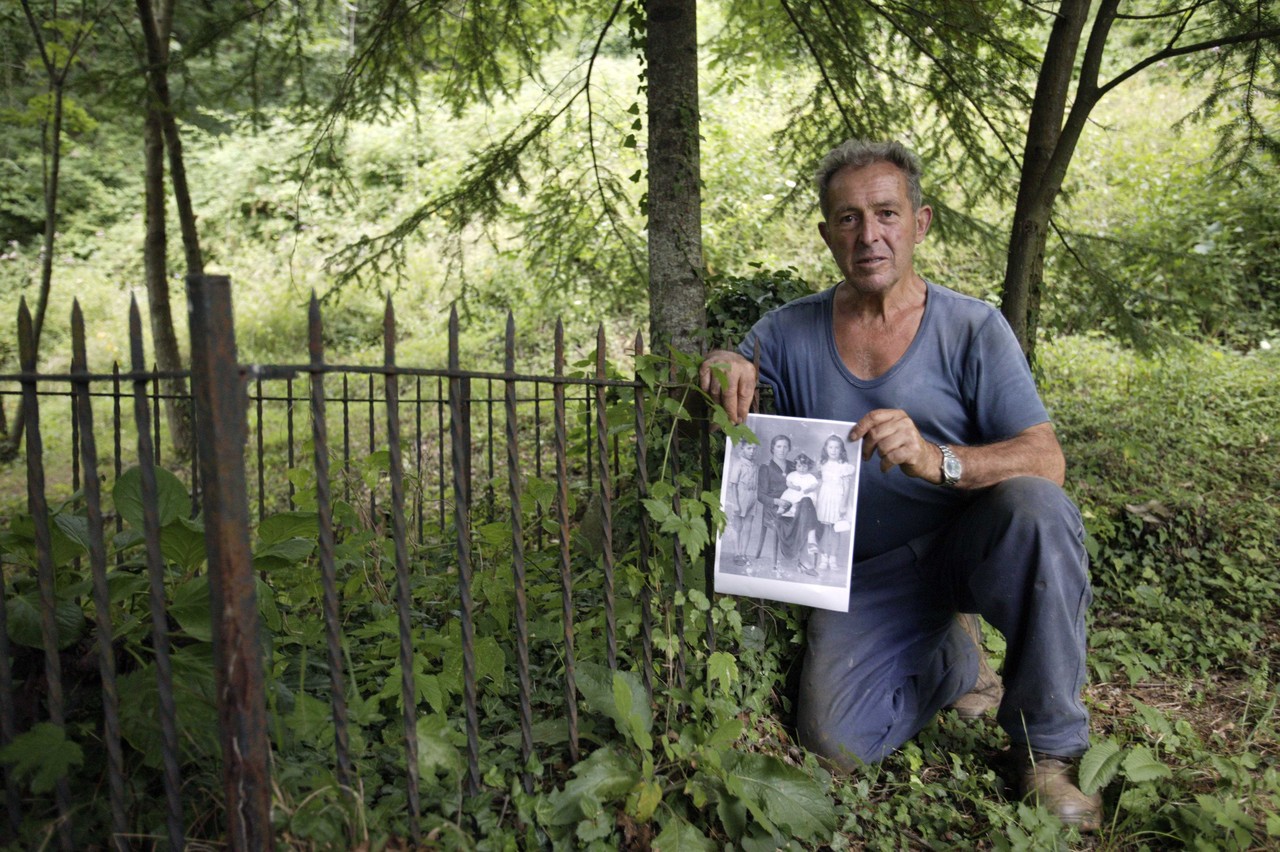Enrico Pieri lived in the area called Franchi with his father, Natale, his mother, Irma Bartolucci, and two sisters, Alice and Luciana. Only a short time passed between the alarm announcing the arrival of the Nazi soldiers and the latter entering Enrico’s house. He saw about ten armed men dressed in camouflage and was rounded up together with other people as they were pushed towards the church square. Then, suddenly, the soldiers changed direction and led them to the home of the Pierotti family. They were standing in the kitchen, about thirteen or fourteen people, when the soldiers started shooting. Enrico hid under the stairs with a little girl, one of the Pierotti sisters. As soon as the shooting stopped, Enrico saw the Nazi soldiers throw burning grain into the room and understood that they had to flee. Only then did he realize that another little girl was also still alive. It was the second Pierotti sister. Enrico, Grazia and Gabriella escaped to a shed that kept beans, and in silence they waited for the evening to arrive. Grazia and Gabriella came out of hiding first. They went back to the house, where they found everyone dead. Enrico lost his father, mother, sisters and grandfather. Grazia and Gabriella Pierotti lost their father, mother, two brothers and an aunt. After a vain attempt to put out the fire, the three children ran away towards Valdicava, where they met other survivors. Enrico grew up in Sant'Anna di Stazzema with his uncle Duilio.
Duilio Pieri was an important figure in the postwar reconstruction of the town. For example, the construction of a road at the end of the 1960s was due to his initiatives. Enrico, like many other surviving peers, decided to migrate in 1951, first to Valdicastello and then to Viareggio. In the same year, he went to work in Switzerland, where he lived for 32 years. Once retired, he returned to Sant'Anna Stazzema. Until his death, Enrico dedicated himself to transmitting the memory of the massacre, its victims and its survivors. Over the years, he became a bearer of thoughts of peace and forgiveness as he kept the memory of the historic event alive. For this role, he was recognized as Commendatore dell’ordine al merito della Repubblica italiana in 2020.
